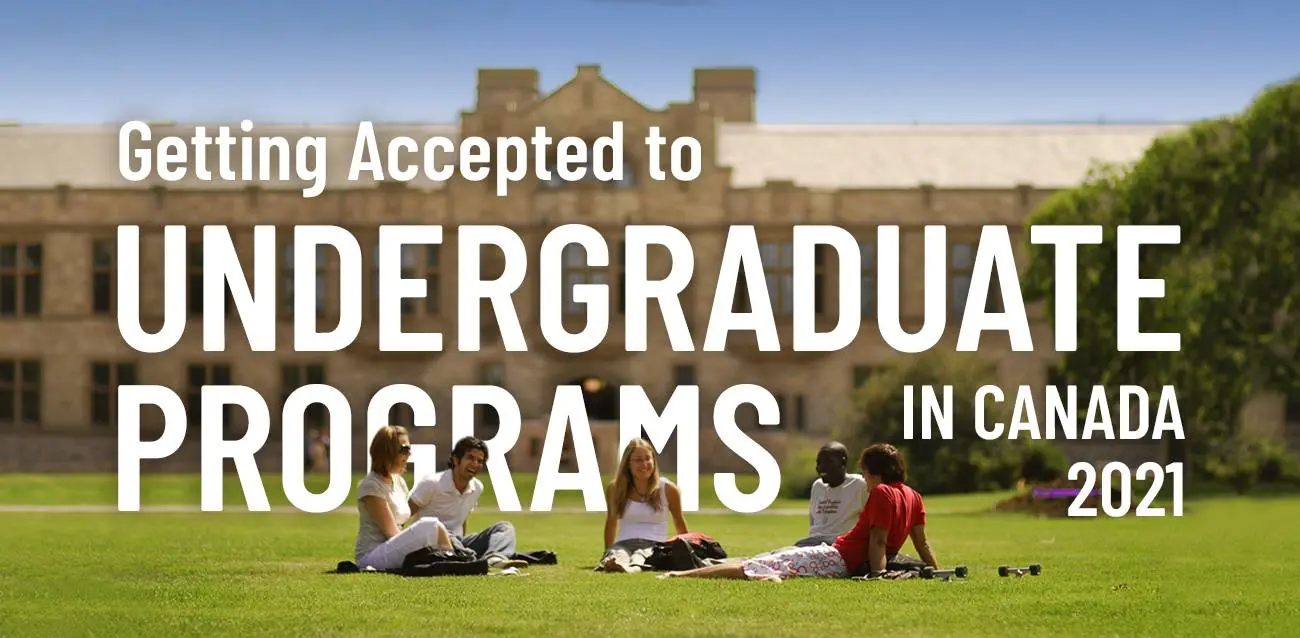Getting Accepted to Undergraduate Programs in Canada
PUBLISHED SUN, JUNE 20 2021
Applying to an undergraduate program can feel daunting due to the competitive admissions statistics of many universities in Canada. For example, Queen’s University’s 2020-2021 Enrolment Report states that the incoming undergraduate class had an average of 88.7%. The University of Toronto’s St. George Campus Faculty of Arts & Science incoming 2019 class had an average of 89.9%. When I applied to three universities during my final year in high school, I recall feeling overwhelmed by the pressure to keep my academic average at an impressive level while also ensuring that I completed other application requirements, such as auditions for fine arts programs.
The application requirements established by the university admission team will vary depending on the school and the academic program that you choose. For example, I applied to both the Bachelor of Music and Bachelor of Arts programs at Queen’s University and the University of Toronto. Music programs required auditions and interviews in addition to traditional applications. Other programs, such as Engineering, may require additional supplementary essays.

I knew I wanted to attend a competitive school, so I enrolled in courses during my final year of high school that I knew I would perform well in. Since Canadian high school applicants are not required to complete standardized testing, picking courses that you will excel in is an excellent way to increase your chances of receiving an acceptance letter.
In Ontario, Canada, high school applicants submit the six courses in which they obtained the highest percentages. Notably, these courses must be categorized as either university or mixed university/college level courses. However, there are a few caveats. Applicants must include their English mark in their application, regardless of whether or not this mark was included in their highest six. For international applicants, this emphasis on English in the application process indicates that proper preparation for any required tests, such as the IELTS, is important. Coursework in English may also be a requirement for international applicants. The University of Toronto indicates that all applicants from international high schools must include a senior level English course in their applications. Additionally, although Canadian applicants do not complete standardized tests, international applicants should be prepared to submit their results.
Another caveat is that applicants may need to include other course marks in addition to English depending on the program they are applying to. For example, the Engineering Science program at the University of Toronto requires the inclusion of various science course marks, such as chemistry.
As you prepare your applications, it is important to remember that you are more than your grades. While your grades do have an impact on whether or not you will be accepted, other experience that demonstrates your character is also significant. For example, Queen’s University indicates that international applicants will have an opportunity to share information not observable through their grades. To strengthen your application, try getting involved in extracurricular activities through your school. Any awards or recognition you receive for your contributions to your community should be emphasized. It is also important to remember that asking for outside help, such as through university application consulting services, can strengthen your application. When I applied to university, I asked numerous school educators and music instructors to review my application. I was thrilled to receive my acceptances the following spring!



